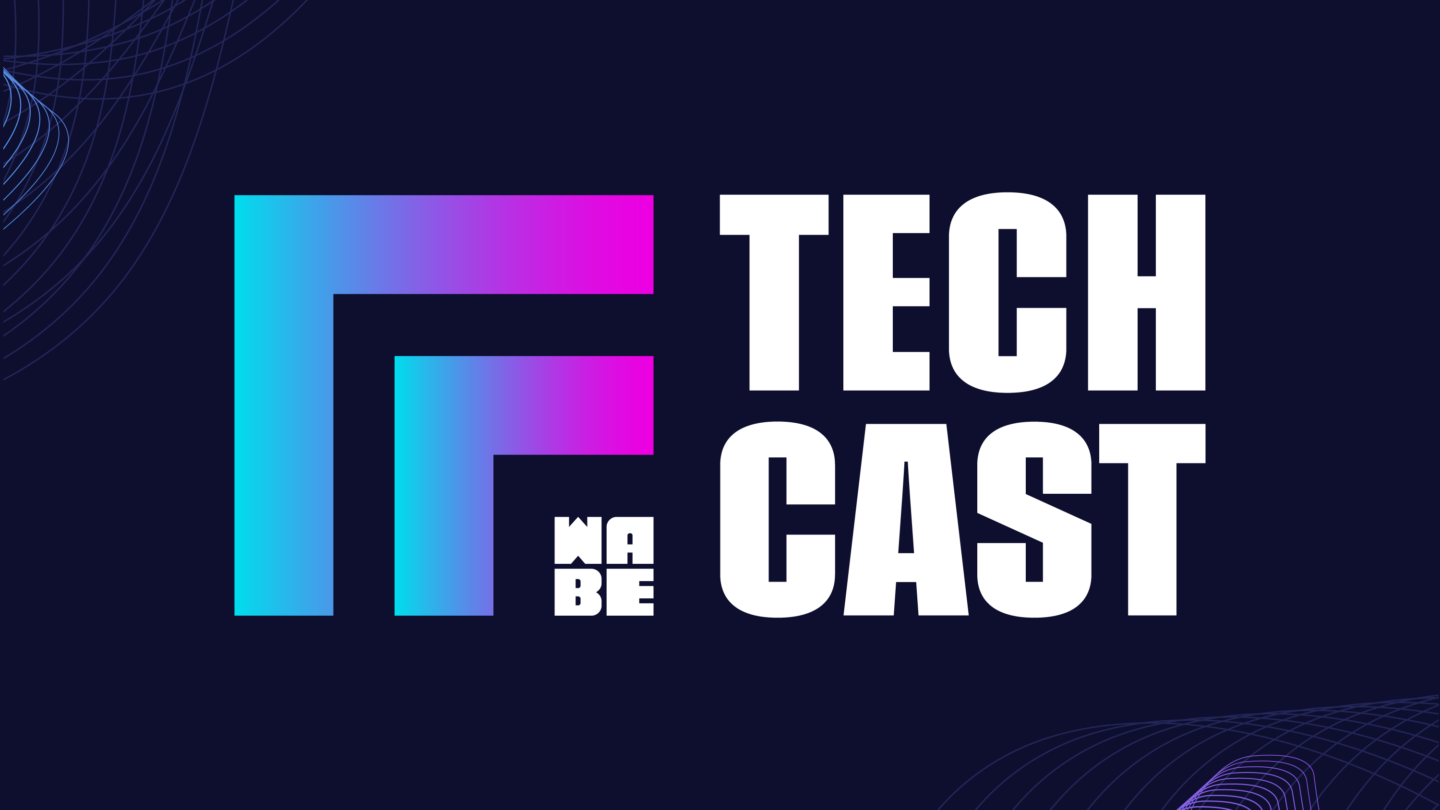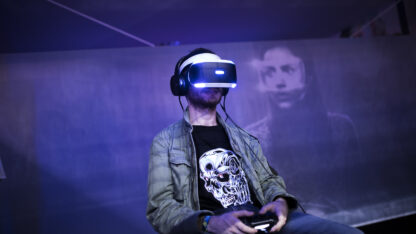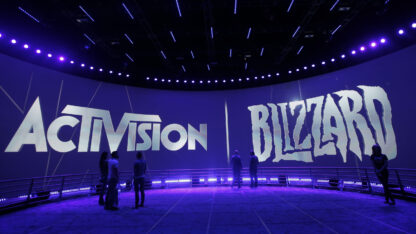Esports are growing – and so is Atlanta's role in the industry

Thousands of Georgians already work in the video game industry, and with the continued worldwide growth of esports, many more are hoping to get in on the action.
Atlanta sports franchises are hoping an investment in the industry will help attract a younger generation of fans too.
When you think of the pros who play for the Atlanta Hawks, Trae Young or John Collins might come to mind. But what about names like “Putback” “Ceez” and “Witness”?
Those are just a few of the professional esports players with Hawks Talon GC. Earlier this summer, they played a series of NBA 2K games in person with all the trappings of a traditional sporting event like pre-game analysis, team huddles to talk strategy and, of course, cheering fans.
These types of in-person events are evidence of how video games have come a long way over the last few generations.
“It all started from sitting at home playing a game solo and then growing into being able to play multiplayer with friends,” said Wesley Acuff, director of Esports for Hawks Talon GC.
“Now playing in person, traveling for tournaments and meeting up and playing on stage and just creating energy, it’s really just amazing to see,” he said.
Hawks Talon GC began play in 2020, meaning in-person events were curtailed for a while by the pandemic. But Acuff says the team has continued competing and preparing for games.
“They practice a lot, they work really hard at their craft, they’re in here every day,” said Acuff. “They scrimmage, sometimes they’re studying film, reading scouting reports on opponents, there’s a lot that goes into it.”
Hawks Talon GC has also provided another revenue opportunity for the Hawks, drawing sponsorship from the Georgia Lottery, State Farm and University of West Georgia.
‘Tremendous’ growth
NBA 2K won’t be the only esports competition on display at State Farm Arena this year. On Oct. 29-30, the semifinals for the League of Legends World Championships will come to town.
“When we get to Atlanta you will have the four best teams in the world fighting it out in order to stamp their ticket to go off to the finals,” said Chris Greeley, global head of strategy for LoL Esports at the company Riot Games. It’s among the most played video games in the world.
“The massive growth that we’ve seen not just in players but in esports fans has been tremendous,” said Greeley. “You know, last year’s worlds, our finals had north of 30 million people watching at any given moment from across the world.”
Not only will there be a large online audience, but players competing in the semifinals will be able to hear and feel the presence of the fans attending in person.
Greeley says players will be wearing noise-canceling headsets so they can hear teammates, but it won’t completely shut out the crowd.
“When the building gets loud, no amount of white noise can cancel the noise they hear and the shaking of the stage, and they’re able to pull from that and I think for them, a huge boost,” he said.
The stakes are high for the players, with millions of dollars in prize money going to the winners.
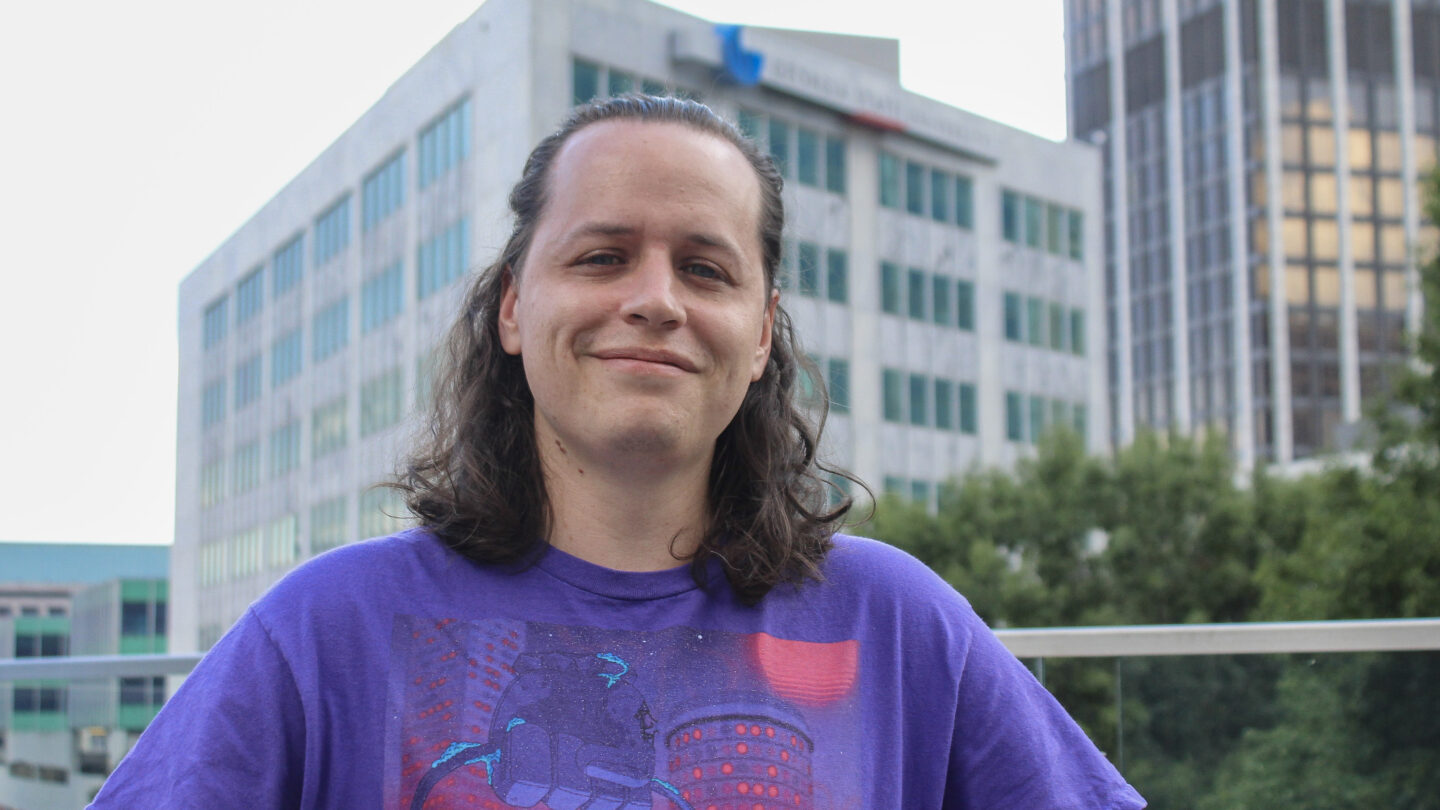
That kind of money is something Chris Miranda never imagined when he started playing video games as a kid.
“These were the days when you get in your car with a bunch of your friends and drive to somebody’s house and just play because they were trash-talking you on message boards on AIM,” said Miranda. “Nobody played for money, we just played.”
‘There’s a lot of us out here’
Miranda has taken that affinity for video games and turned it into a career pathway. He’s now a student at the Creative Media Industries Institute at Georgia State, majoring in game design.
“I can go on my computer and build a fantasy world in six hours that looks like nothing I’ve ever seen, except for in my imagination,” he said.
One study finds more than 2,000 Georgians work directly in the video game industry, which has an estimated $800 million impact in the state.
A career in video game development can be a lucrative one. And it’s one that aspiring designers can start prepping for, even before they get to college.
Industry-standard software like Unity and Unreal Engine are free.
“If people are interested in it at a younger age, picking it up now, they can start to learn it well before they enter college and have a natural advantage over other people,” said Miranda, who says YouTube tutorials are also a valuable resource.
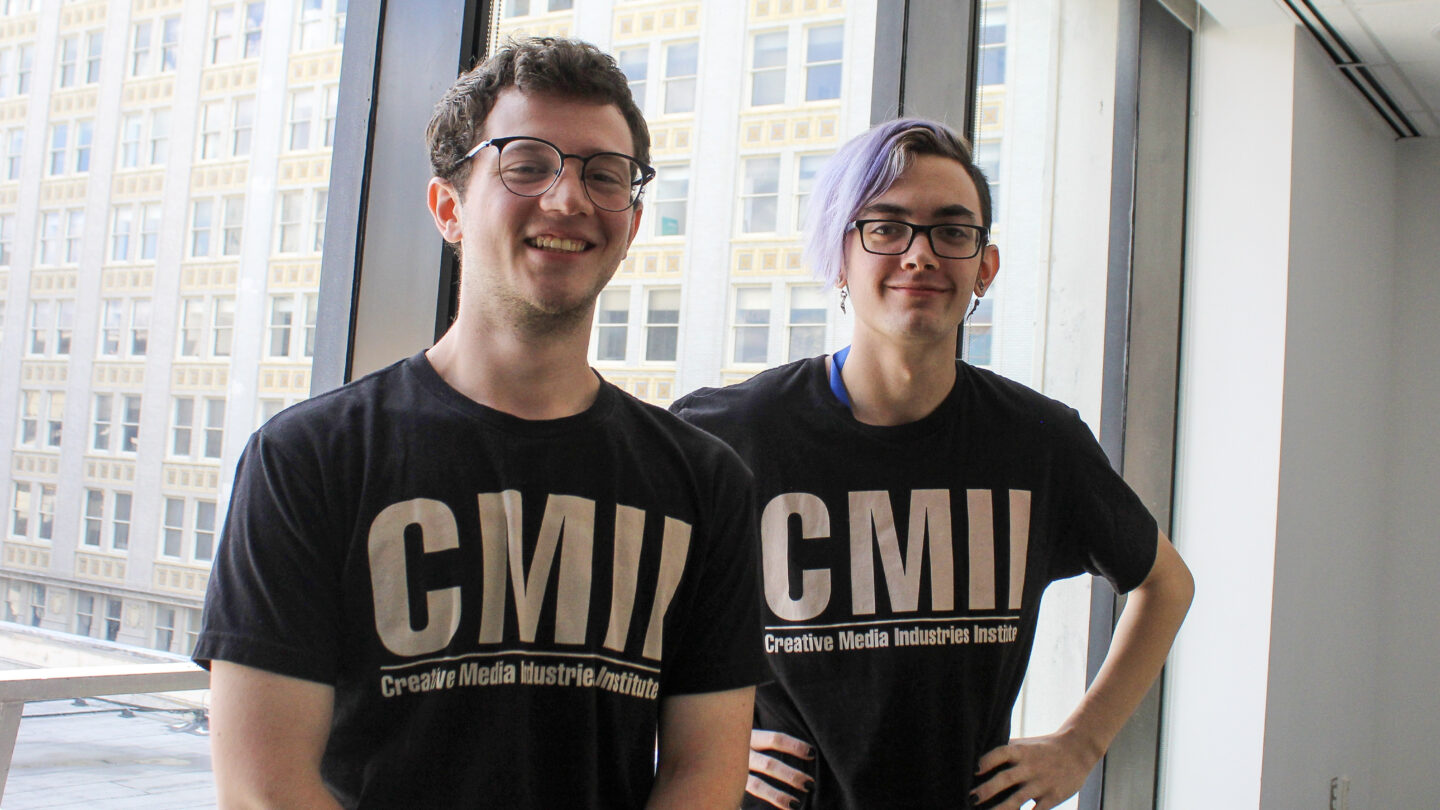
Devon Whittier, who’s also studying at Georgia State, says that gives anyone the chance to develop basic skills — even if it may be difficult to design the next League of Legends right away.
“Because you can have all these programs, but if you don’t have a good enough computer to run these things, then you cannot even assemble these things into a game,” he said.
The professional opportunities in the development and design of video games are expanding.
Christopher Hamilton, a film major at GSU says there’s also some overlap between the film industry and video game design. He says the same software used to create environments for video games can create backdrops for movies too — which are programmed into high-res LED video screens behind actors.
“It uses Unity and Unreal as the primary engines to throw up in the environments on there,” said Hamilton. “So it’s used in a slightly different way.”
Miranda says amid the focus on film and TV studios in Georgia, the game design industry sometimes goes unnoticed.
“People should really consider the kind of stuff we’re doing here at GSU, at [Georgia] Tech at SCAD,” he said. “There’s a lot of us out here.”
